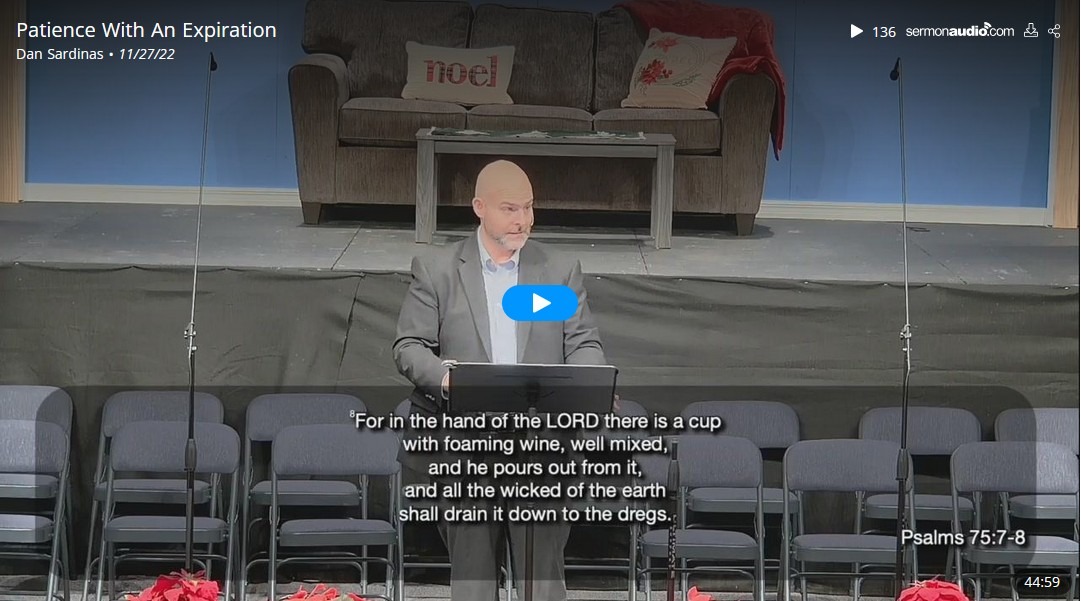Auto-generated transcript:
Children can be dismissed to children’s service at this time. Open your Bibles once again to the book of Malachi, chapter 2. Let’s ask for God’s blessing as we examine His holy Word this morning.
Father, we come before you again seeking understanding through your Holy Spirit. You know what each of us needs today, Lord. Bring your Word to pass, sanctify believers, and draw sinners to repentance as we encounter the glory of this text. In your name, we pray, amen.
We’ve been journeying through Malachi for the past five weeks, focusing on Israel’s state of apathy—passionless worship resulting from their unfaithfulness and disobedience to God’s Word. Last week, we saw how Israel was unfaithful to God, marrying those from other lands, adopting their gods, and forsaking their marriage covenants. Yet we concluded by glorying in the gospel, reminded that marriage reflects our faithful God who never forsakes us.
In verse 17, Malachi declares, “You have wearied the Lord with your words.” This phrase alone carries significant weight. “Wearied” means to exhaust or grow tired. Yet, Scripture teaches us that God doesn’t become physically weary (Isaiah 40:28). This isn’t a contradiction. Rather, it illustrates God’s patience reaching its expiration point. While God is infinitely patient and slow to anger (Psalm 86:15), there is a moment when His holy and righteous nature requires Him to act justly.
Israel continuously tested God’s patience, questioning His love and justice, redefining sin, and accusing Him of favoring evil. Malachi exposes their denial and distorted thinking as they question, “How have we wearied Him?” Malachi responds by highlighting their claims that evildoers delight God and their cynical question, “Where is the God of justice?” This reveals their profound spiritual blindness and arrogance, refusing repentance while blaming God.
Romans 2:4-5 explains that God’s kindness and patience are intended to lead sinners to repentance, but those who reject this grace accumulate wrath for themselves. John 3:36 underscores this, revealing that unbelievers presently live under God’s wrath, with judgment stored up against them, symbolized as a cup of wrath (Psalm 75:8).
Yet, the beauty of the gospel shines here. In the Garden of Gethsemane, Jesus prayed about this very cup (Matthew 26:39). He willingly drank the cup of God’s wrath meant for sinners, absorbing every drop, fully satisfying God’s justice. Believers, therefore, escape this wrath because Christ endured it on their behalf.
Malachi prophesies the arrival of a messenger—fulfilled by John the Baptist—who prepares the way for Christ, who would suddenly come to cleanse the temple (John 1-2). Christ’s arrival signifies judgment and purification, refining His people like precious metals. Only Christ can renew hearts, offering hope amid judgment.
This is our message today: God’s patience has a limit, but His mercy is abundant in Christ. Repent now and trust in Jesus who drank the cup of wrath for you. Believers, remember the great cost paid on your behalf. Unbelievers, understand the urgency to repent and believe, avoiding eternal judgment.
Father, thank you for your profound patience and mercy. Convict us, renew us, and draw us nearer through the gospel. Save sinners today, and sanctify your church. In Jesus’ name, amen.

